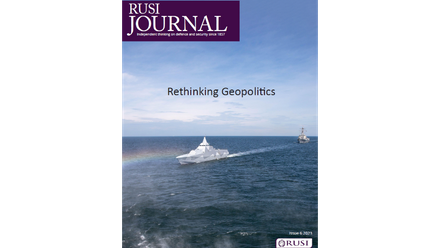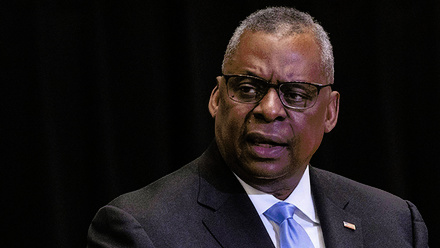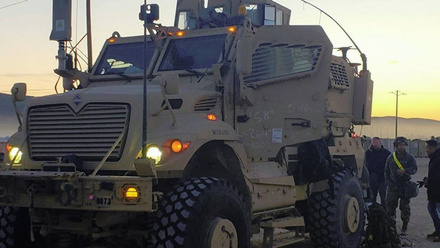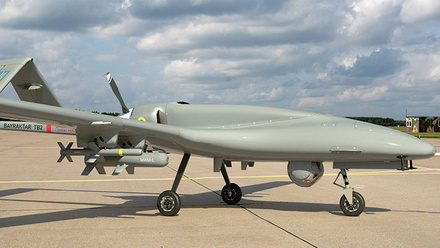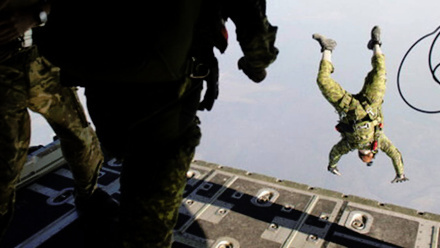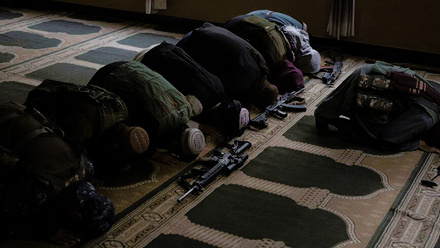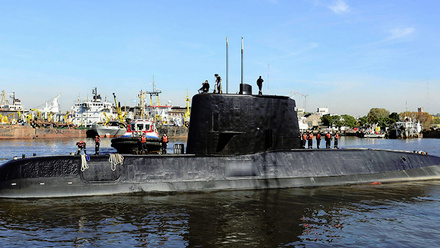Editor's Note (Vol 168 | Issue 6)
Contemporary observers of international affairs and security often rely on well-known concepts and ideas with their roots in 20th century debates. While this can be a convenient shorthand, it is important to remember that meaning can often change depending on context, circumstance or personal interpretation–and that this can, in turn, muddle or dilute the translation of ideas into policy or action, a disconnect between expectation and practical reality. In this issue of the RUSI Journal, James Wirtz and Jeffrey Larsen discuss deterrence and its place within US strategy, while Jeremy Black looks back at the idea of geopolitics–now back in vogue–and how it has been used and re-interpreted over the decades.
From concept to practice, Thomas Withington explores how the principles of manouevre warfare can be applied to electronic warfare, crucial to the abilities of contemporary militaries to fight effectively. But effectiveness in the field is not all that is needed in contemporary warfare, where image and reputation can also contribute to success: Spyridon Plakoudas and Vasileios Sofitis argue that this is part of what explains the commercial success of the Turkish Bayraktar TB2 drone, even when its success in the field has been somewhat limited. Meanwhile, Yair Ansbacher and Ron Schleifer posit that symbolism has a greater role to play in boosting legitimacy and success, and that this is a function that special forces should be trained to actively pursue.
Following the withdrawal of American and Western troops from Afghanistan in 2021 and the Taliban’s takeover, many questions remain about the Afghan experience over the past two decades, as well as what can be expected from the Taliban regime and its conduct of international relations. Arian Sharifi recounts how the country’s Strategy for Countering Violent Extremism was developed, based on his personal recollections of the process. H A Hellyer discusses how the ideology underpinning Taliban rule could influence how the regime interacts with other international actors and Islamic communities in particular.
Finally, Sebastián Vigliero recounts the international efforts to search for the Argentinian submarine ARA San Juan, which disappeared in late 2019, as a case study of international cooperation at sea.
Journals and magazines are only ever as interesting as the authors that contribute to their ideas. Some authors, in particular, are a privilege to publish, and leave their mark on readers and editors with the strength of their thinking and clarity of writing. Professor Christopher Coker, who sadly passed away in 2023, was one such thinker. He is remembered in this issue by former RUSI Journal editor, Terence McNamee, who shares fond memories of one of the finest contemporary minds to think about conflict and war.
Dr Emma De Angelis
Editor, RUSI Journal

